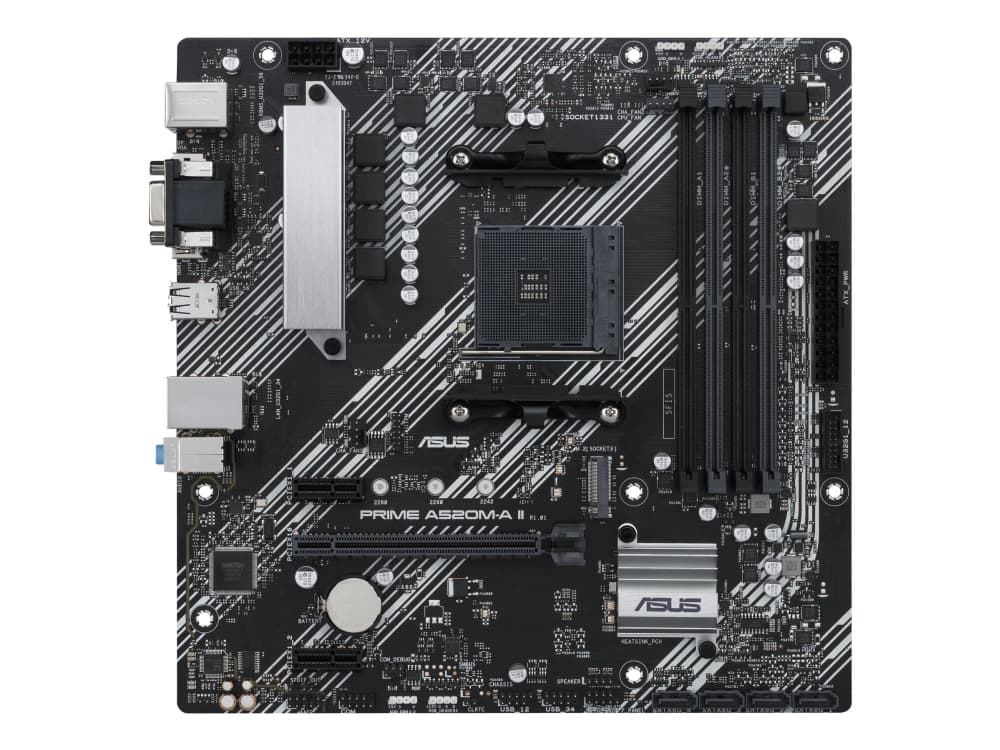This book is the first to examine how classical Greek cavalry actually operated on the battlefield. It looks at the prime characteristics of Greek cavalry, including mobility, protection, armament, training, leadership, flexibility, and motivation. Up to now, it has usually been assumed that ancient Greek cavalry was subordinated to the infantry because it was less effective in battle. This book challenges this assumption, analysing the position of Greek cavalry, and especially the Athenian arm, not only in the battlefield but in society as a whole. It concludes that, like many modern societies, Greek states produced military arms which were moulded more by social and economic influences than by purely military considerations. Classical Greek cavalry had a high combat potential, but this was reduced by the attitudes of the rest of society towards the cavalry class - the wealthiest and most aristocratic group in most states.












